society of accepted ideas
Society for Accepted Ideas was filmed before the full-scale invasion of Ukraine in 2022 and is permeated with the feeling of an absent future, of the impossibility of existence within the framework of the unfolding paradigm of Russian culture.
We sought to create a cinematic image of the isolated space in which free art in our country exists to this day. Our film is an attempt to express an at once doomed and comic flight from reality to the world of philosophy and religion. It seemed necessary to fix the existing cultural isolation of the artist from the reality that surrounds him and to manifest his exit beyond its bounds through the overcoming of the walls of isolated communities and to arrive at resistance to the romanticisation of death, to return to the idea of life as such, to examine man in a society of militaristic absurd and the processes taking place in his consciousness under the influence of vital revanchist resentment, philistinism, and consumerism, when totalitarian practices begin to penetrate even the systems of antagonists. But this is done not through the path of argument and resistance to such a world view, but on the contrary, by allowing this view’s relentless logic to go to its end, to a finale which might give rise to new thought on the ruins of contaminated philosophy.
Recognising the close interconnection of ethics and aesthetics, the film does not seek to foist its vision of society or its morals on viewers, but rather, by concentrating on acting techniques and visual means of expression, to allow viewers to form their own opinions on the basis of created artistic image.
We see the technical aspect not just as a method and approach through which to create films, but as an important ethical component, and we consider the process through which a product is created no less important than the result achieved.
The filming was preceded by a long rehearsal period with the actors, during which the appropriation of the text was carried out through an etude method and structured improvisation. Thus, actors not only knew and understood the text but were also able to build upon it, to freely engage with it. This was important not only concerning their work on their roles but also aligned with our understanding of the ethics of filmmaking, where the actor does not mimic intonation but generates it independently based on their understanding of the given text. Each take of a film is unique and unlike the previous one, given each time the actor goes through the scene in the atmosphere created on the set here and now. For this reason, the film was shot in long takes, minimising the number of cuts. In such a process, the actor can fully experience the role from beginning to end, and the process represents a real existence of the actor with a partner. The director’s role in such a process is the complex preparation of the actors during the rehearsal period and the delegation of certain freedoms on set. This is necessary for the process of acting to become an independent center of the film, where the actor does not act as a puppet but becomes the true author of their role.
We assembled an independent team of artists to produce a film based on Plato’s complex language, including cinematographer Mikhail Krichman, a long-time collaborator of Andrey Zvyagintsev, a three-time award winner at Camerimage, and the recipient of a Golden Osella award at the 67th Venice Film Festival; sound editor Andrey Dergachev, an award-winner at the Motion Picture Sound Editors (MPSE); and composer Kirill Shirokov, a Golden Mask Festival nominee and Venice Biennale participant.
Kvadrat is a production of a play of the same name written with the use of texts by K. Malevich and Plato, at the basis of which lies the conflict between the perception of art as an absolute source of use (that is, as enlightenment, ethics, a means of conceiving of the world) and its essence of play—deceit and the creation of an illusory reality.
Alongside the characters of Kvadrat, the spectator is invited to see culture as a complex topological object hanging above the stage of the theatre—each turn of this object uncovers the heterogeneous, timeless structure of art, passing through resistance to academicism, the denial of actuality, going “beyond the circle of things,” plunging into pure nothingness, “non-objectivity,” falling into the Suprematist cosmos of severe lines and ideal geometric forms described by Plato. Then back again from there, “a return to things”: to the underside of today’s verbal constructions, where the encounter of collective ethics with individual aesthetics takes place, discourse of universal division, the reality of war.
The informational space in which we find ourselves—capsulated thoughts formed by the actions of others in memes, in bits and pieces is propaganda, the essence of the system of the new enlightenment. This system is not afraid of leftovers, on the contrary, it feeds on them, replacing doubt with opinion. The play is a deconstruction of already established connections, a return to the central nodes, to the fundament against which today’s person balances unsteadily.
This production is an attempt to reconsider texts on aesthetics and approaches to art from antiquity to contemporaneity, with the aim of tracing their connections with our contemporary views on means of structuring and developing society.
Malevich, undoubtedly one of the most influential artists of the start of the twentieth century, is considered not through his painting, but through his texts, and the concept of the “Avant-garde” is seen not only as a direction and vector in art, but through its second meaning (French avant-garde), denoting a military formation located in front of the main forces of an army or («язык говорит», нем. Die Sprache spricht M. Heidegger).
M. Duchamp, M. Rothko, A. Warhol were witnesses to the appropriation of art by the philistines and their flagship frigate. It is necessary to analyse the paths, to understand the implementation of intellectual privatisation: how did the things, ideas, and architecture that surround us cease to belong to us? Not being thought through, they became design. And there is nothing more vital than design, and design itself is susceptible to design, forming a fractal. We have not only gone beyond the horizon of things, we have fallen into it and are still flying.





The basis of the performance is a manifesto written in May 2019, which serves as the starting point for the creation of the collective Noskoptsy.
Currently, the project is in production. It is an audio-textual experience with elements of a new process opera, recitative, broadly speaking, "poetic" reading, and working with speech as a separate form of art.
The mystery is a performative act associated with experiencing a farewell to the literary, philosophical, and artistic monuments of civilization.
A monument, according to Jean-François Lyotard, is an institute of oblivion, a way of saying goodbye to history, an indulgence, a bribe paid by society to forget. In this sense, to demolish a monument, to destroy a symbol, means to reclaim history.
NoTree can be described as a new-process video novel or meta-series, creating its own rules through self-creation. It represents a daily reflection on life during an ongoing war.
The editing laws emerge from the material itself, rather than being imposed on it, and in this sense, they possess an open code that is formed using biological approaches to reproduction and distribution: "division," "copying," "genome editing," "budding," "rhizomatics," and so on.
At the core of NoTree lies the forms of authorship that arise through the interpretation of past art from the perspective of the present day. A key feature of the project is its fundamentally hyperlinked structure, which, on one hand, creates a complex network capable of encompassing different temporal frames, linking numerous texts, images, and videos through the identification of similarities, typological, categorical, archetypical, topological, and other connections. On the other hand, it serves as a survival strategy for culture in the face of harsh state and societal censorship and other forms of pressure.
A distinctive feature of the project is its work with both randomness and the predictability of catastrophic events. The visible chaos turns out to be a strict system of order and sequences, which, due to the inaction of the participants, becomes fate, leading to fatalism and the fatalization of what is happening in the space of life. "The feeling that we are living through the pages of a history textbook."
NoTree is an interdisciplinary multi-genre project of speculative diary entries, consisting of three intertwining branches: three years of war.